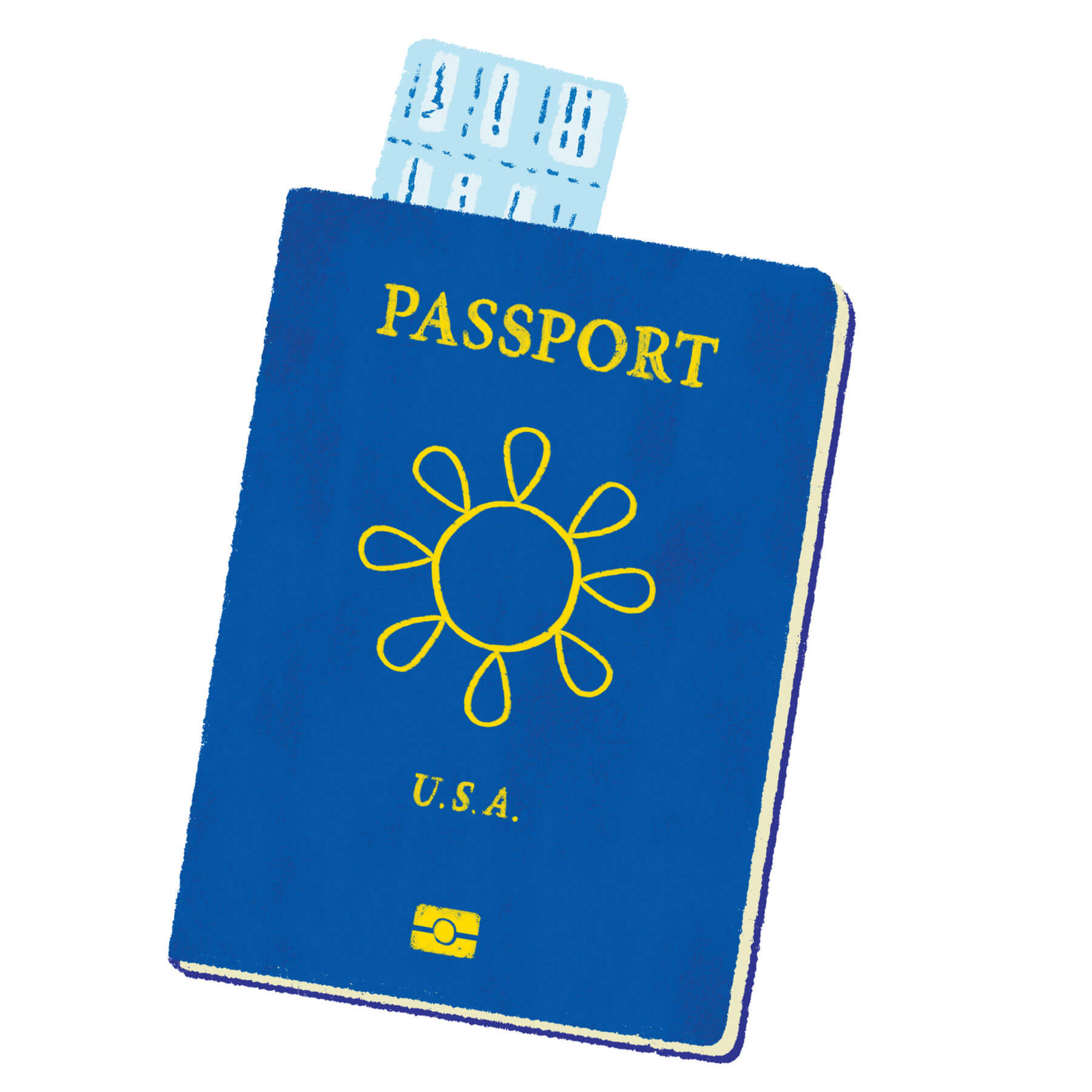
The Dangers of a Post-COVID-19 Tourism Boom
By Karen Schmelzkopf, associate professor of history and anthropology.
Tourism certainly engenders exposure to other places and cultures—and while the ability to travel has been on hold, the pandemic has opened up the world in different ways.
This year we have talked with people we might never have engaged with before on Zoom. We have had the time to watch foreign TV shows and travel documentaries on Netflix. And young people from all over the world are engaging with TikTok, producing their own content and transcending many of the cultural bubbles of more established social media. In addition, knowing that this is a pandemic—a global phenomenon—has brought some sense of commonality with distant places and people.
When tourism does resume, one unfortunate possibility is that the vaccine could actually help spread COVID-19, because the vaccinated can carry the virus and infect people who are not. We might see people who are vaccinated taking advantage of the cheap flights and hotel rooms to go somewhere as soon as they can. Not only could this cause a surge of infections, but as we are increasingly aware it could also spur variants that are not susceptible to the vaccines.
Encouragingly, though, many tourist agencies have been using this time to rethink tourism and its impact on local people and the environment. Restrictions such as limiting the numbers of tourists, encouraging the use
of electric cars, using GPS and surveillance technology to monitor flows of people, and increasing carbon removal and storage technologies are being proposed. On the other hand, the economic impacts on the tourism industry have been devastating. The incentive to be sustainable may not be viable in the face of the pent-up demands of tourists and the economic needs of tourism, resulting in an increase in extreme over-tourism after the pandemic is over. While the duration of the pandemic has given us time to investigate much-needed changes, the end of the pandemic may give us minimal time to bring them about.
However, I am optimistic that with public-private alliances and community participation, including wearing masks and practicing social distancing, the pandemic will in some ways prove beneficial for the future of tourism.